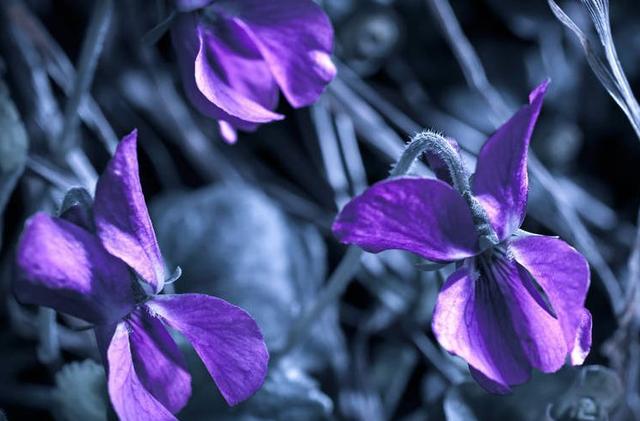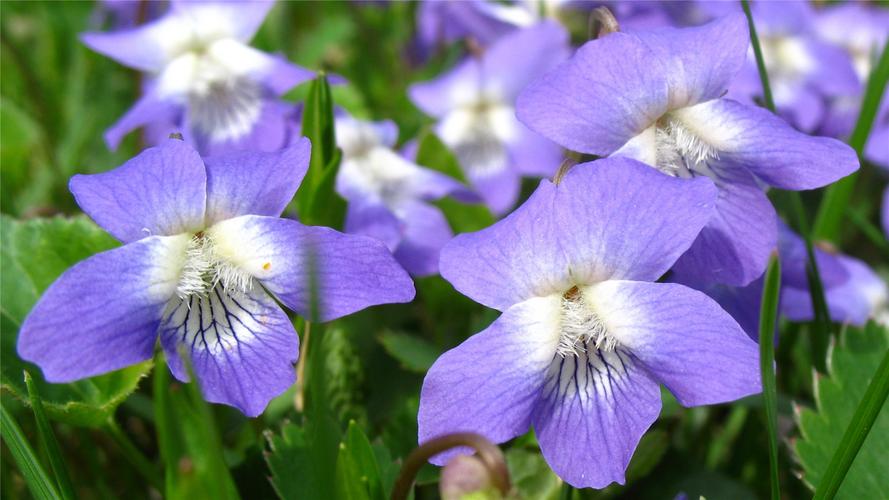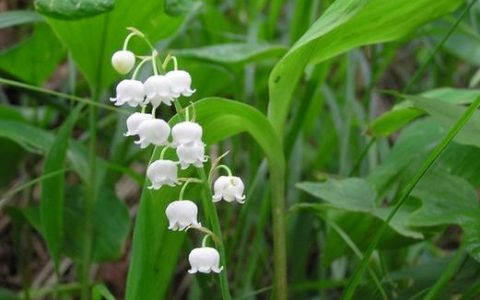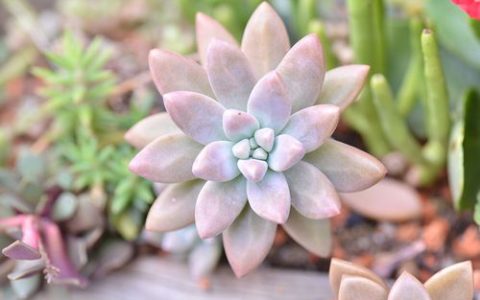You’ve probably spotted violets peeking through spring gardens or brightening up shady corners, but have you ever wondered exactly when these delicate flowers decide to show off? As a longtime gardener who’s obsessed with these little charmers, I’ll let you in on a secret: violets aren’t just a one-season wonder. Their blooming habits are full of surprises—and a few quirks. Let’s unravel the mystery.
The Short Answer: It’s All About Seasons (Mostly)
Violets typically bloom in early spring, but here’s the twist: some varieties throw a second act in late summer or fall. I’ve had patches in my own garden that bloomed in April, took a summer nap, then popped back up in September like they forgot their lines. Weather, soil, and even your location play starring roles here.
Breaking Down the Bloom Calendar
Let’s get specific. Not all violets read the same script:
- Common Blue Violets
These classics kick things off in March to May, depending on your zone. In my Midwest garden, they’re usually up by mid-April, but a warm winter can push them earlier. - Sweet Violets
These fragrant beauties bloom a tad later—April to June. Pro tip: Plant them near a walkway. That scent after a rain? Pure magic. - Reblooming Varieties
Hybrids like Viola sororia might surprise you with a fall encore. I’ve seen buds pop up as late as October during mild years.
What Tricks Can Delay or Speed Up Blooms?
Violets are drama queens when it comes to their comfort zone:
- Temperature Swings: A sudden frost in early spring? They’ll hit pause. But a cozy warm spell? Cue the flowers.
- Light Requirements: Most violets crave dappled shade, but too much sun can shorten their bloom time. I lost a patch to a heatwave once—lesson learned!
- Soil Secrets: Slightly acidic, well-draining soil keeps them happy. Add compost in fall, and they’ll reward you with stronger spring shows.

Extending the Bloom Season: My Go-To Hacks
Want more flowers for longer? Try these tricks I’ve tested over the years:
- Deadhead Relentlessly
Snip spent blooms to redirect energy. I keep mini shears in my garden apron for this exact reason. - Water Wisely
Keep soil moist but never soggy. Overwatering = root rot. Underwatering = sad, crumpled petals. Find that sweet spot. - Fertilize…But Gently
A balanced 5-5-5 fertilizer in early spring works wonders. But go easy—too much and you’ll get all leaves, no flowers.
“Wait, Why Are My Violets Not Blooming?”
Ah, the gardener’s eternal question. Here’s what I’ve troubleshooted:
- Too Much Love: Over-fertilizing or overwatering is a common misstep. Violets thrive on neglect-lite.
- Wrong Spot: If they’re in deep shade or scorching sun, they’ll boycott blooming.
- Age Issues: Older plants might need dividing. I rejuvenate mine every 3 years by splitting clumps in fall.

The Unspoken Truth About Wild Violets
Let’s get real: Some gardeners hate them for “invading” lawns. But here’s my hot take—those wild violets are free ground cover. I let them sprawl under my hydrangeas. Their tiny purple faces beat boring grass any day.
Final Thought: Embrace the Surprises
Violets don’t stick to a rigid schedule, and that’s part of their charm. One year, a rogue bloom popped up in December after a freak warm spell. Did it make sense? Nope. Did it make me smile? Absolutely.
So, when do violets bloom? Whenever they darn well please—but with the right care, you’ll have front-row seats to their best performances.






